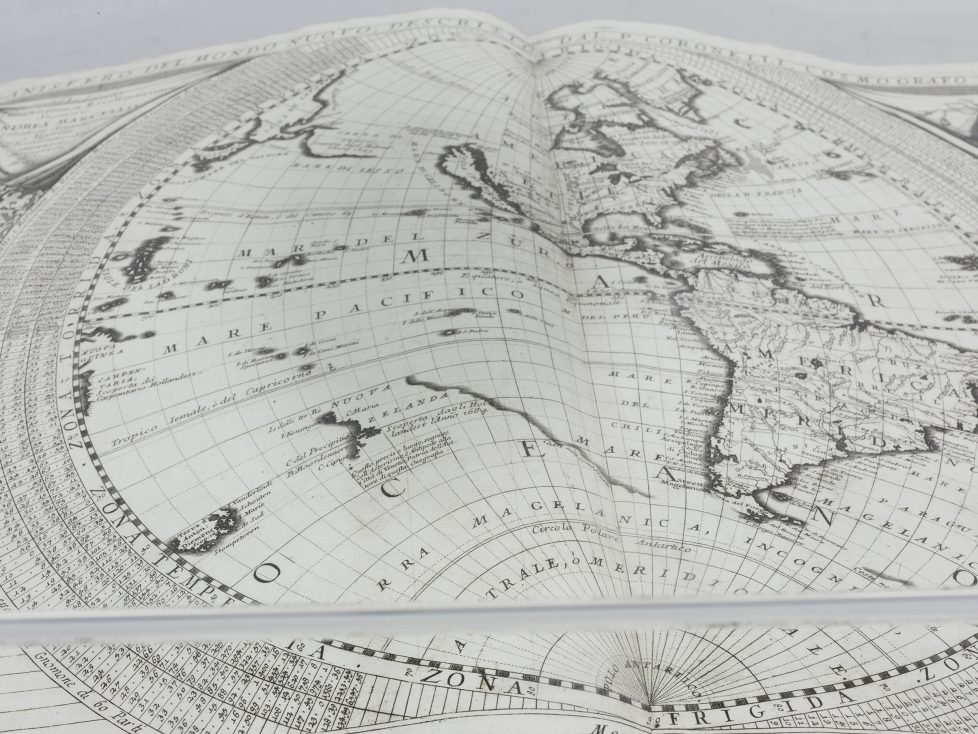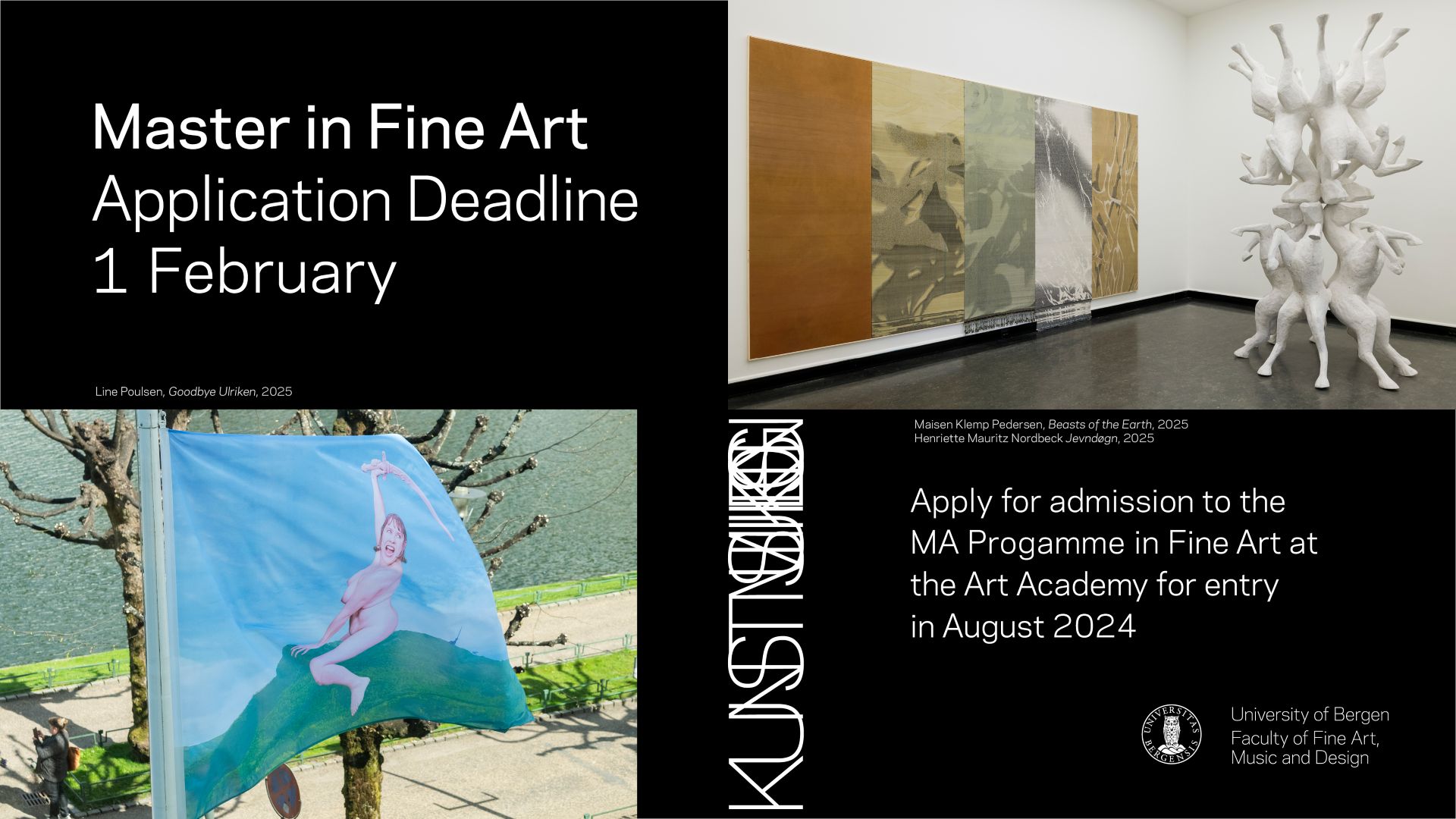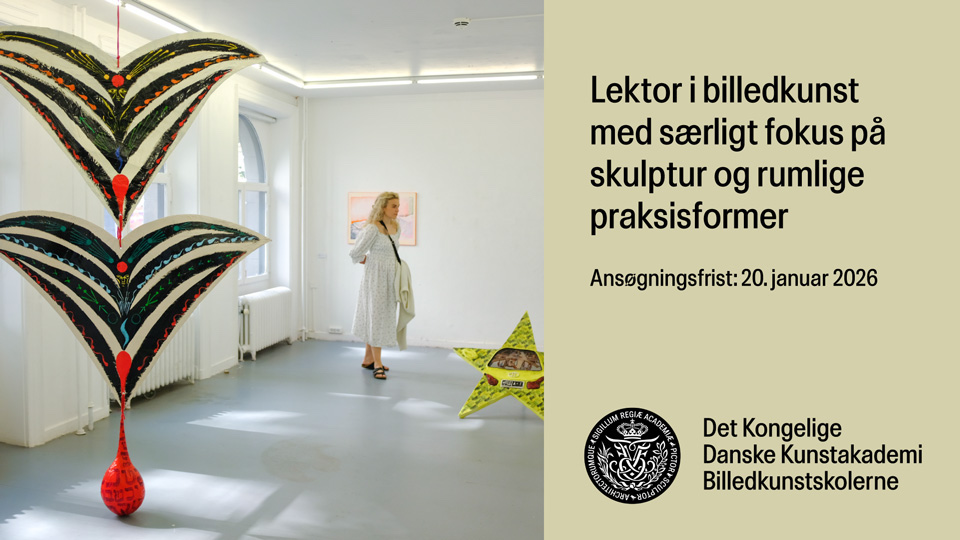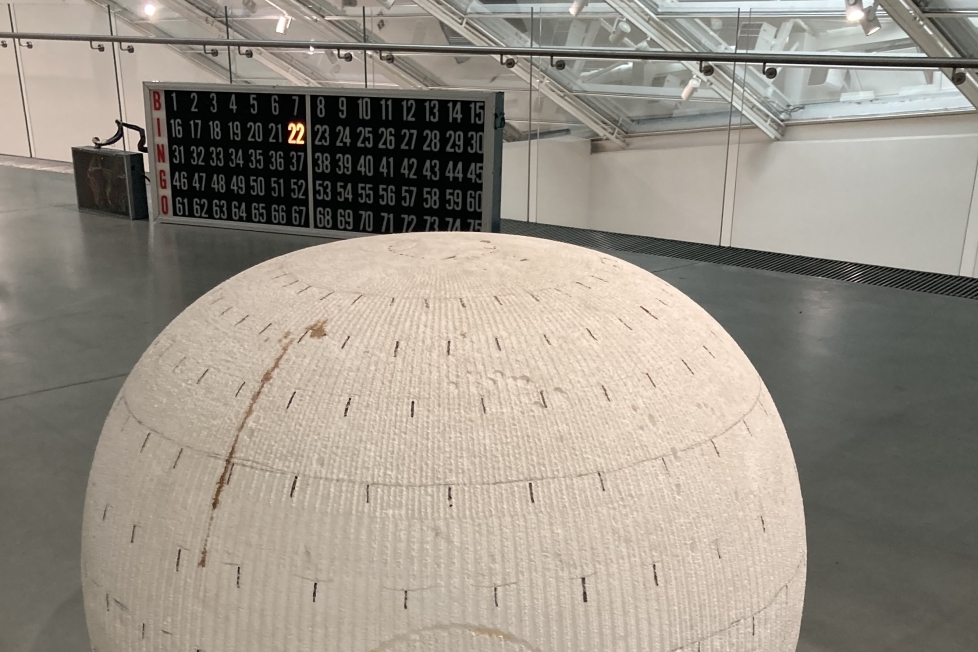
The ocean has long been a source of anxiety and hope in equal measure. Its surface serves to connect us while its depths – home to mythical, man-eating beings – are a source of sustenance. You can pull fish out of it, but also dump garbage into it; once the waters close above the debris and pollution, it simply ‘disappears’. We have seen whales and birds stuffed with plastic; we have seen the drifting floes of waste. Given that we have virtually all the information possible about how harmful our actions are, all that remains to be explained is why we as a society fail to do anything (even if we do profit in the short term). In the book Prospecting Ocean (MIT Press, 2019), Stefanie Hessler, curator and director of Kunsthall Trondheim, challenges the Western outlook on the sea and what she calls “colonial-patriarchal capitalism.”
Biologist and environmentalist Rachel Carson’s mesmerising, tactile descriptions of the sea and those who live there, from its surface to its bottom, introduce the book. Hessler picks up the baton from Carson, if not her poetic language – Hessler opts for a clearer academic style – with an ambition to “demythologise science” and foster a relationship with nature imbued by lived experience. She throws a wide net, bringing together a variety of thinkers and artists. The objective of these associative criss-crossing connections appears to be to explore and raise awareness of some undefined more residing in the intersection between art and science.
The book takes its title from an exhibition by Hessler and artist Armin Linke in Venice in 2018. Like the exhibition, the book springs from research conducted on the oceans and the institutions that manage them, with special emphasis on how mining for minerals affects the seabed. The project took place while Hessler was affiliated with Thyssen-Bornemisza Art Contemporary (TBA21) as curator for the TBA21-Academy, a branch of the foundation dedicated to interdisciplinary ocean research. Since 2011, this academy has constituted a platform that traverses the oceans – literally, in the form of boating expeditions.
Linke contributes a series of photo essays to the book. The subjects range from a multi-screen visualisation room at the University of Texas to an aircraft cabin, as well as administrative activities such as meetings and office work at various institutions that manage and govern the international seabeds. Linke’s photographs highlight, among other things, how visualisation tools bring the seabed closer, while also isolating it and creating a sense of distance from it. This paradoxical optic incorporates the short-sighted, objectivising, and isolating approach to phenomena found in Western visual culture. Hessler relies, among others, on Australian philosopher and ecofeminist Val Plumwood and her critique of Western rationality and anthropocentrism, which she believes has displaced other perspectives through history. The Enlightenment era’s cocksure naturalisation of nature was the starting point of a colonialist attitude that still informs our approach to what we regard as freely available resources, such as when we scrape the seabed for rare minerals for use in screen-based communication technology, regardless of the consequences for the organisms living there. By creating new narratives about the ocean as alternatives to those which solely see it as a resource to be tapped by humankind, Hessler believes we can facilitate the discovery of different modes of conduct.

Throughout the book, other artists also crop up to illustrate Hessler’s argument. Susanne Winterling’s video installation Glistening Troubles (2017) is a story about bioluminescent algae that, due to global warming, have transitioned from health-giving to toxic. Winterling calls this an alarm system that highlights how human activity has affected the salinity and acidity of the water, thereby disrupting the traditional coexistence between humans and marine flora in Jamaica. Marjolijn Dijkman and Toril Johannesen’s meticulous observations of brackish water samples in the video Reclaiming Vision (2018) show – much like Linke’s photographs – how observational technology forms and formats what is observed; the human impact on what it wants to explore is foregrounded and, in Hessler’s interpretation, becomes an example of the shortcomings of science’s supposedly objective techniques.
Hessler borrows a “strategic essentialism” from literary theorist Gayatri Chakravorty Spivak. This early tactic of Spivak’s aims to mobilise a group identity in order to achieve political goals while also recognising the constructed nature of that identity. In Hessler’s case, this strategic essentialism seems to apply to representations of any kind, such as the term “nature” used to signify something simple and vulnerable.
Another important tool for her is the idea of situated knowledge, which is central to feminist thinkers such as Sandra Harding and Donna Haraway, the latter of whom seems a major influence on Hessler’s thinking. The concept is based on a recognition of how the production of knowledge, including that of science, always reflects a particular point of view, which means that objectivity is possible only by gaining a clear view of the material, cultural, and ideological conditions that govern our outlook on the world.
In Prospecting Ocean, the will to confront one’s own theoretical platform emerges mainly in a criticism of the Western gaze, with which Hessler presumably identifies culturally. A wish to overcome these limitations seems to have guided the selection of sources and methods. Hessler connects fragments from many sources while using works of art as unifying “testimonies.” The text is pervaded by bulky headnotes (footnotes set at the top of the page), which not only breaks up the text graphically but also creates a confusing multivocality. Their collage-like character chimes in with the ambition of being a focal point for information, however, a bibliography and an index are sorely missed; they would have been useful tools for anyone seeking to navigate this abundant reference material.

Hessler criticises the universal aspects of terms such as the Anthropocene, which, with its planetary scale, conceals who has the largest carbon footprint and where the impact of global warming is most palpably felt. In the criticism of what is designated a Western gaze, its polar opposites inevitably become the preferred way of perceiving and understanding the world. One example is the notion of intimacy as the authentic basis of insight and recognition, supported by thinkers such as Elizabeth Povinelli and the Karrabing Film Collective, comprising filmmakers, activists, and anthropologists working in the northern regions of Australia. The collective’s video essays, such as Wutharr, Saltwater Dreams (2016), depict the pressures of majority conventions being imposed upon the Indigenous People of Australia, and address the clashes and collapses of the new and old systems of meaning that shape their everyday experiences.
Presumably, the collective’s films exemplify the type of counter narrative that Hessler calls for. In recent years, they have received attention from the more academically oriented echelons of art world, but how can such narratives reach the political strata in charge of legislature? Herein lies some of the problem with Prospecting Ocean’s moderate political ambition: hope lies in changing our collective notions and perceptions of the ocean. After all, aren’t these aesthetically refined narratives at risk of addressing the like-minded only.
As a reader, one feels – at least I do – that Hessler implicitly subscribes to a notion of the responsible individual, rather than society’s legislative institutions, as the wellspring of political change. Yet, the way she envisions a strategic approach to “essentialism,” one might instead imagine a strategic approach to communication aimed at influencing lawmakers. In ‘Law of the Sea’, an episode of the Phenomenal Ocean podcast (Institut Kunst & TBA21-Academy), we hear Francesca Mussi, a lawyer and researcher on international law, point out how lobbying to improve the regulation of the ocean is something we need to see more of. Her comment tacitly reminds us that a range of various legal and democratic tools are available for mobilising our will and ability to act. These, however, require a more instrumental poetics than the one generally cultivated within the art world. Indeed, the sea and sky are our clearest examples of a shared world, and therefore carry with them a call to formulate a management policy that resides beyond both the white cube and the nation state.









